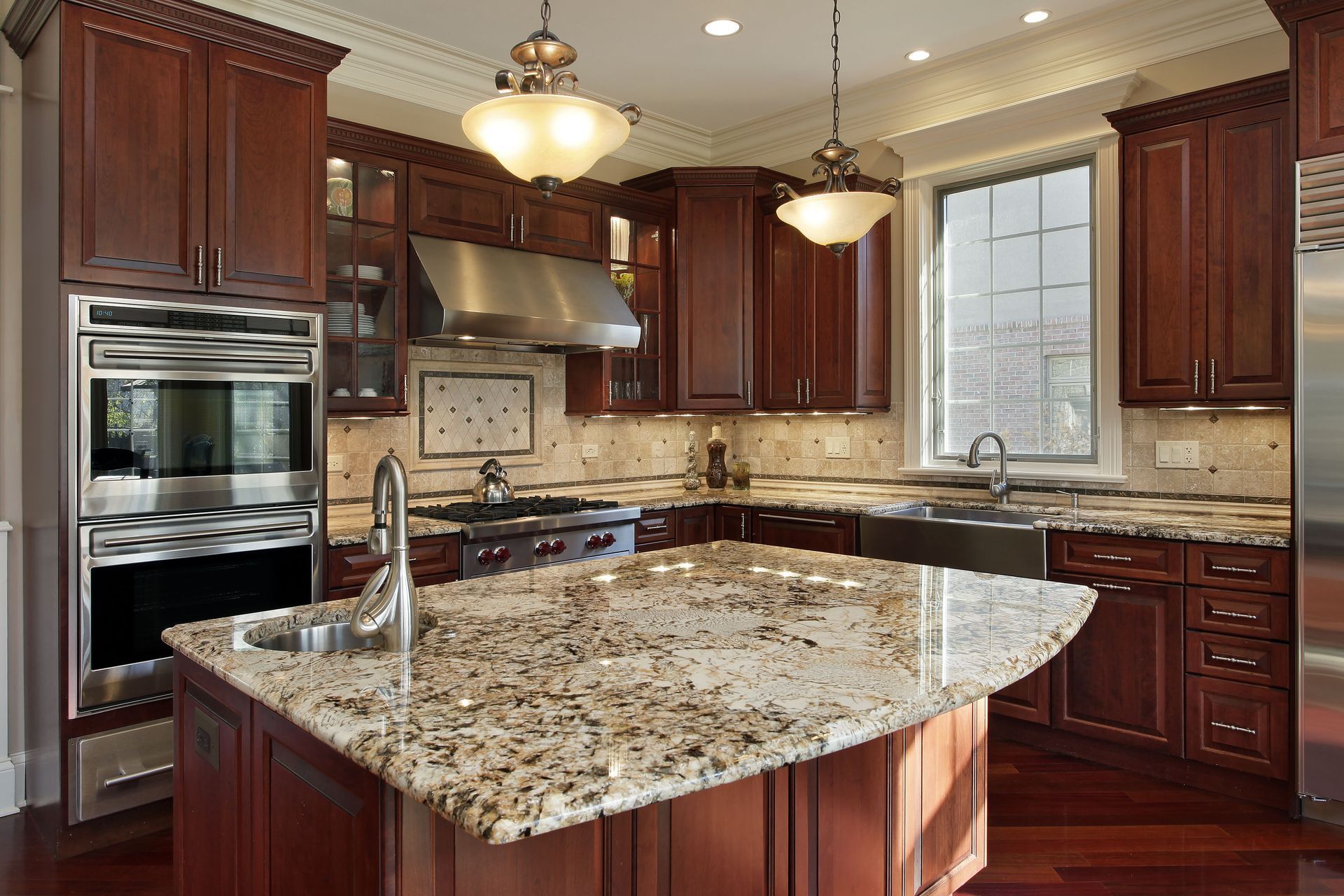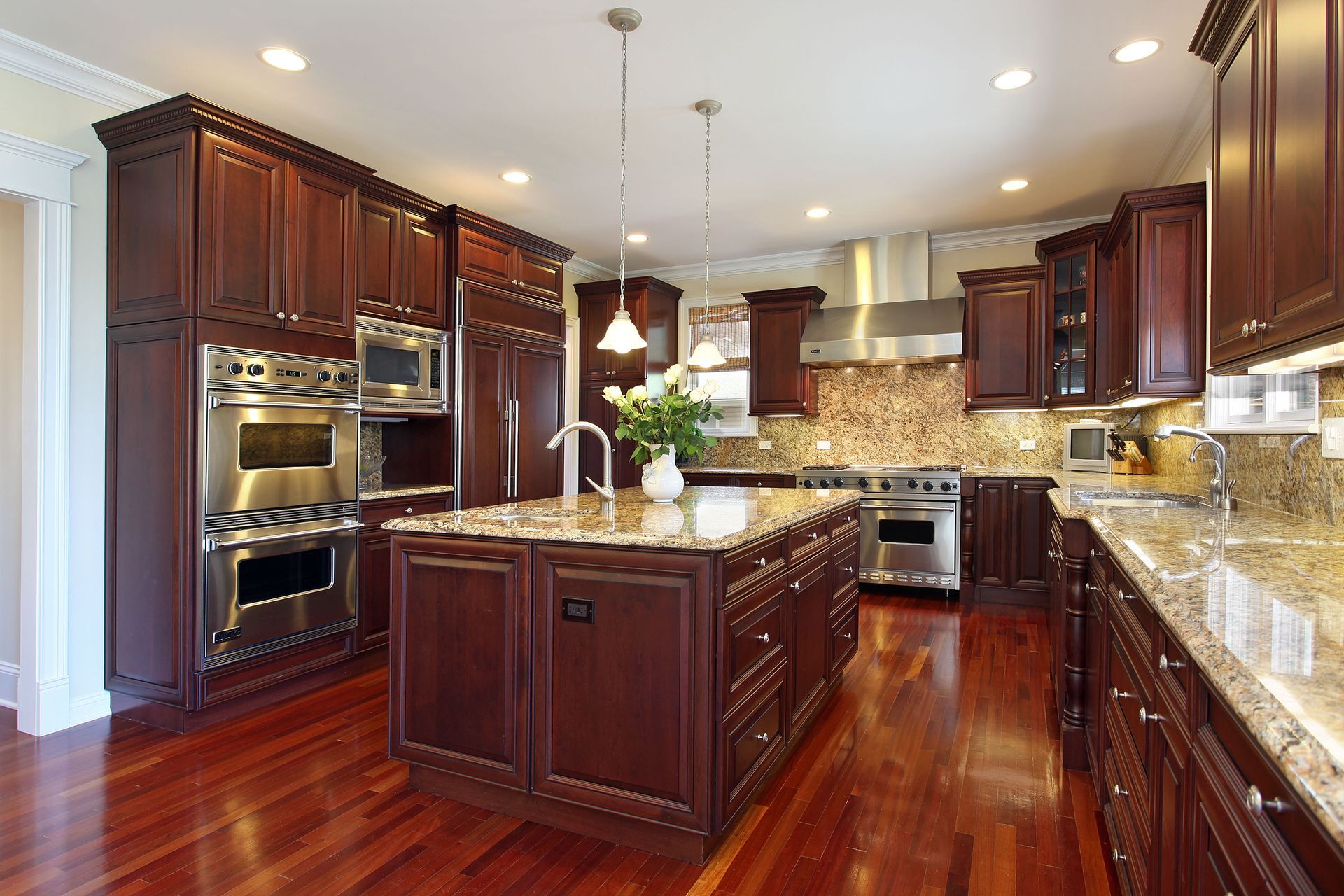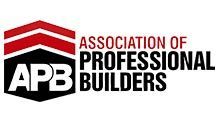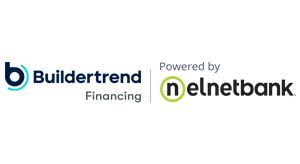18 Ways to Prepare for Kitchen Remodeling
Kitchen remodeling is one of the most rewarding home improvement projects, but it requires careful preparation to be successful. From budgeting to selecting materials and planning for life without a functioning kitchen, homeowners should think through each stage before the work begins. Taking time to prepare ensures the process goes smoothly and the finished space reflects both personal style and functional needs. Here are practical ways to prepare for kitchen remodeling that will make the project less stressful and more enjoyable.
1. Establish a Realistic Budget
One of the most important steps in preparing for kitchen remodeling is setting a realistic budget. Remodeling costs can vary widely depending on the size of the kitchen, the quality of materials, and the scope of the work. Homeowners should determine how much they are willing to spend and then account for a contingency fund of around 10 to 20 percent for unexpected expenses. By creating a budget early on, you can make informed choices about cabinetry, countertops, appliances, and finishes without being caught off guard by costs later.
2. Define Your Priorities
Kitchen remodeling often comes with a long list of wants, but not everything may be achievable within budget. It is helpful to define priorities by identifying what features matter most. For some homeowners, this could mean maximizing storage space with custom cabinetry, while for others it may be upgrading to energy-efficient appliances. Prioritizing needs versus wants ensures that the most important elements are incorporated into the design, even if compromises are necessary in other areas.
3. Research and Gather Inspiration
Before starting a remodel, homeowners should research different design ideas and collect inspiration. This could include browsing online galleries, flipping through design magazines, or saving images on platforms like Pinterest. Having a clear vision of preferred styles, colors, and layouts makes it easier to communicate with contractors and designers. This preparation step helps create a cohesive plan rather than making last-minute decisions that may not align with the overall design.
4. Consult With Professionals
Working with a professional contractor or designer is one of the best ways to prepare for kitchen remodeling. Professionals can provide valuable insights about layout, materials, and structural considerations that homeowners may not have thought about. They can also help anticipate challenges and propose practical solutions. Meeting with contractors early allows homeowners to compare quotes, evaluate credentials, and establish trust before committing to a project timeline.
5. Understand the Remodeling Timeline
Kitchen remodeling can take weeks or even months depending on the scope of work. Homeowners should prepare by discussing the timeline with their contractor in advance. This helps manage expectations and allows for planning around important events, holidays, or family schedules. By knowing when specific stages will be completed, such as demolition, installation, and finishing, homeowners can minimize disruption and feel more in control throughout the project.
6. Plan for a Temporary Kitchen
Since your kitchen will likely be unusable during construction, setting up a temporary kitchen is essential. This may involve relocating small appliances like a microwave, toaster oven, or coffee maker to another area of the home. Stocking up on disposable plates and utensils can also make life easier during the transition. Having a designated meal prep area helps reduce stress and keeps daily routines intact while the kitchen is being remodeled.
7. Organize and Declutter
Before kitchen remodeling begins, it is important to declutter and organize everything in your kitchen. This includes removing items from cabinets, drawers, and countertops. Consider donating or discarding items you no longer use, as this will make unpacking easier once the remodel is complete. Packing kitchen essentials in labeled boxes helps maintain order and ensures nothing is misplaced during the renovation process.
8. Choose Materials Early
Delays in kitchen remodeling often occur when homeowners have not finalized material selections. Choosing cabinets, countertops, flooring, backsplash, and appliances before construction begins ensures a smoother process. Contractors can order materials in advance, minimizing the risk of delays due to backorders or shipping issues. Early selection also provides clarity about how all design elements will work together in the finished kitchen.
9. Prepare for Dust and Noise
Kitchen remodeling involves demolition, cutting, and construction, which inevitably produce dust and noise. Homeowners should prepare by sealing off nearby rooms with plastic sheeting, covering furniture, and removing fragile items from adjacent spaces. Establishing a plan for pets or young children is also wise, as the environment can become disruptive. Being mentally prepared for the mess and noise helps reduce frustration during the process.
10. Communicate Expectations Clearly
Clear communication with your contractor is vital during kitchen remodeling. Discuss working hours, access to your home, and expectations for cleanup. Homeowners should also ask questions about progress and provide timely feedback to avoid misunderstandings. Establishing open lines of communication early creates a more collaborative relationship and ensures that the final result aligns with your vision.
11. Think About Workflow and Functionality
Beyond aesthetics, kitchen remodeling should focus on how the space functions. Contractors often use the "kitchen work triangle" principle, which optimizes the placement of the sink, stove, and refrigerator. Homeowners should also consider traffic flow, storage accessibility, and counter space. Preparing a list of daily routines, such as cooking habits or entertaining needs, helps ensure the design supports your lifestyle.
12. Anticipate Hidden Issues
Even with the best planning, kitchen remodeling can reveal hidden issues such as outdated wiring, plumbing problems, or structural concerns. Being prepared for these possibilities reduces stress when unexpected costs arise. This is where the contingency fund in your budget becomes essential. A realistic mindset helps homeowners stay flexible and focused on the long-term benefits of the remodel rather than temporary setbacks.
13. Factor in Energy Efficiency
Another way to prepare for kitchen remodeling is to consider energy-efficient upgrades. Choosing Energy Star-rated appliances, LED lighting, and water-saving fixtures can reduce utility bills and improve sustainability. Contractors can provide recommendations for eco-friendly options that fit both budget and design goals. This preparation ensures the remodel not only enhances aesthetics but also makes the kitchen more cost-effective to operate.
14. Understand the Impact on Daily Life
Kitchen remodeling disrupts daily life, and homeowners should be prepared for adjustments. Simple tasks like cooking and cleaning may take longer when using a temporary setup. Grocery shopping habits may change, with more reliance on easy-to-prepare meals or dining out. Understanding these lifestyle changes in advance makes the transition smoother and helps set realistic expectations for the duration of the project.
15. Consider Long-Term Value
While preparing for a remodel, homeowners should think about how changes will affect long-term value. According to This Old House, approximately 50% of American homeowners prioritize renovating their kitchens, highlighting its importance as a major investment. A thoughtfully remodeled kitchen not only enhances daily living but also increases resale value. Keeping future buyers in mind when making design choices ensures the project delivers returns beyond personal enjoyment.
16. Prepare Your Family and Household
Kitchen remodeling impacts everyone in the household, so it is important to prepare family members in advance. Discuss changes in routines, meal preparation strategies, and safety precautions during construction. Children should be made aware of restricted areas, while pets may need temporary relocation to avoid stress or accidents. By involving the entire household in planning, the remodeling process becomes less disruptive for everyone.
17. Secure Necessary Permits
Many kitchen remodeling projects require permits for electrical, plumbing, or structural changes. Failing to secure permits can cause delays, fines, or complications when selling your home. Contractors typically handle permit applications, but homeowners should verify this step is completed. Preparing permits in advance ensures the project complies with local building codes and avoids unnecessary setbacks.
18. Expect Emotional Ups and Downs
Kitchen remodeling can be exciting but also stressful. There may be moments of frustration as delays occur or decisions pile up. Preparing emotionally helps keep perspective on the bigger picture. Homeowners should remind themselves that temporary inconvenience will lead to a beautiful and functional kitchen that enhances both daily living and property value.
Kitchen remodeling is a major undertaking, but preparation makes all the difference. By establishing a budget, setting priorities, consulting with professionals, and planning for disruptions, homeowners can approach the process with confidence. From decluttering and selecting materials to creating a temporary kitchen and communicating clearly with contractors, each step reduces stress and sets the stage for success. With the right preparation, a kitchen remodel becomes not just a construction project but a transformative experience that enhances both lifestyle and home value. Call Nordic Builders today to get started with us!






Share On: